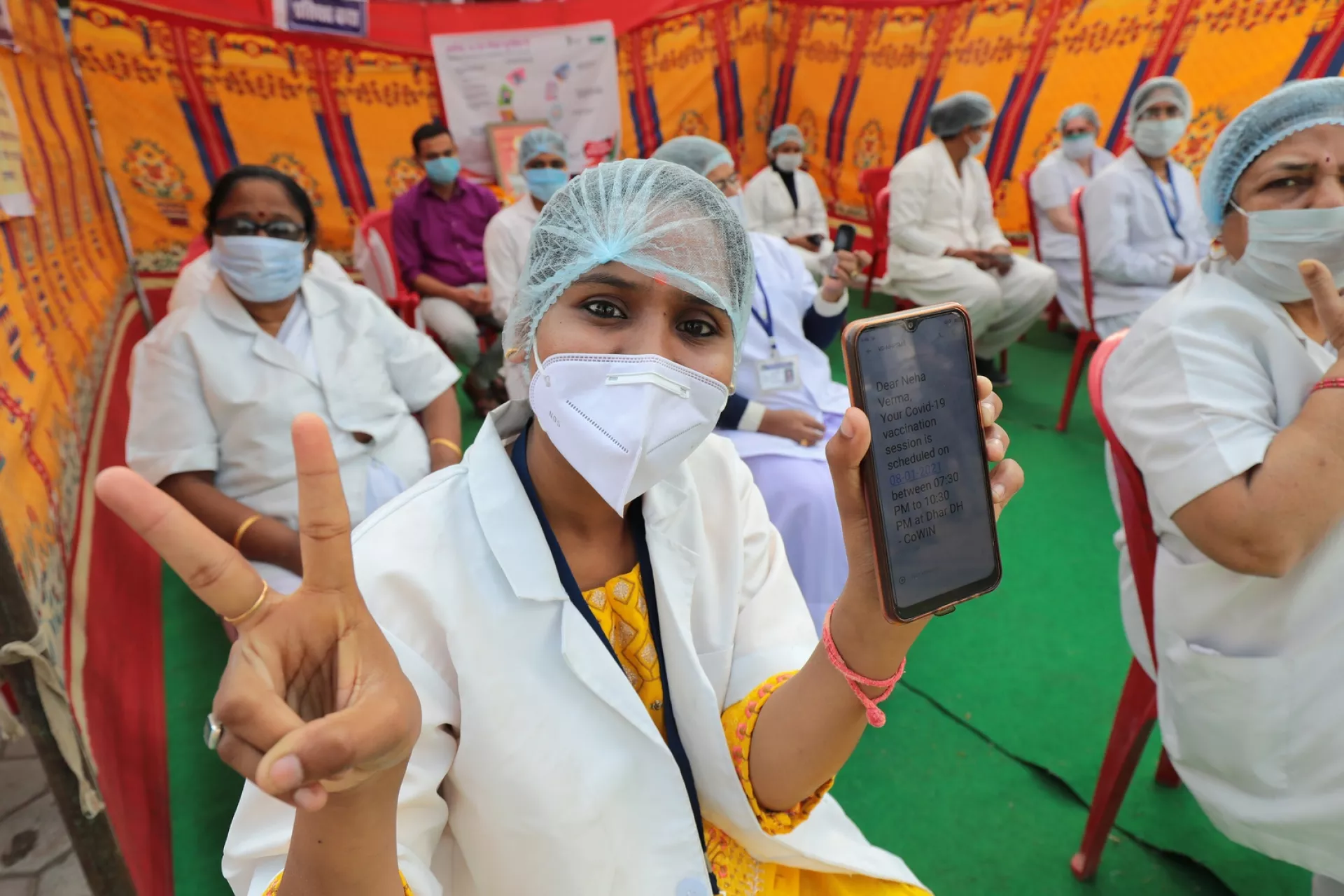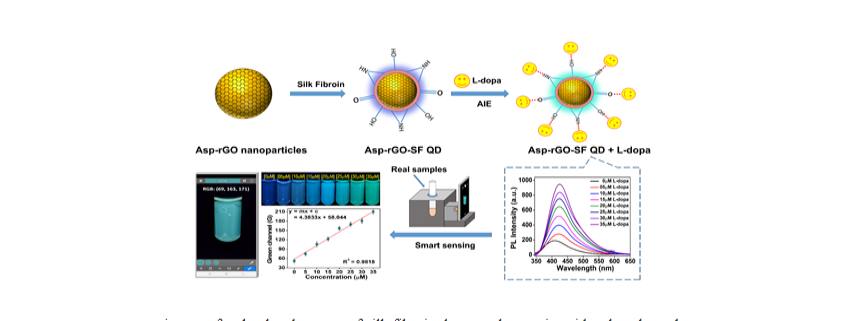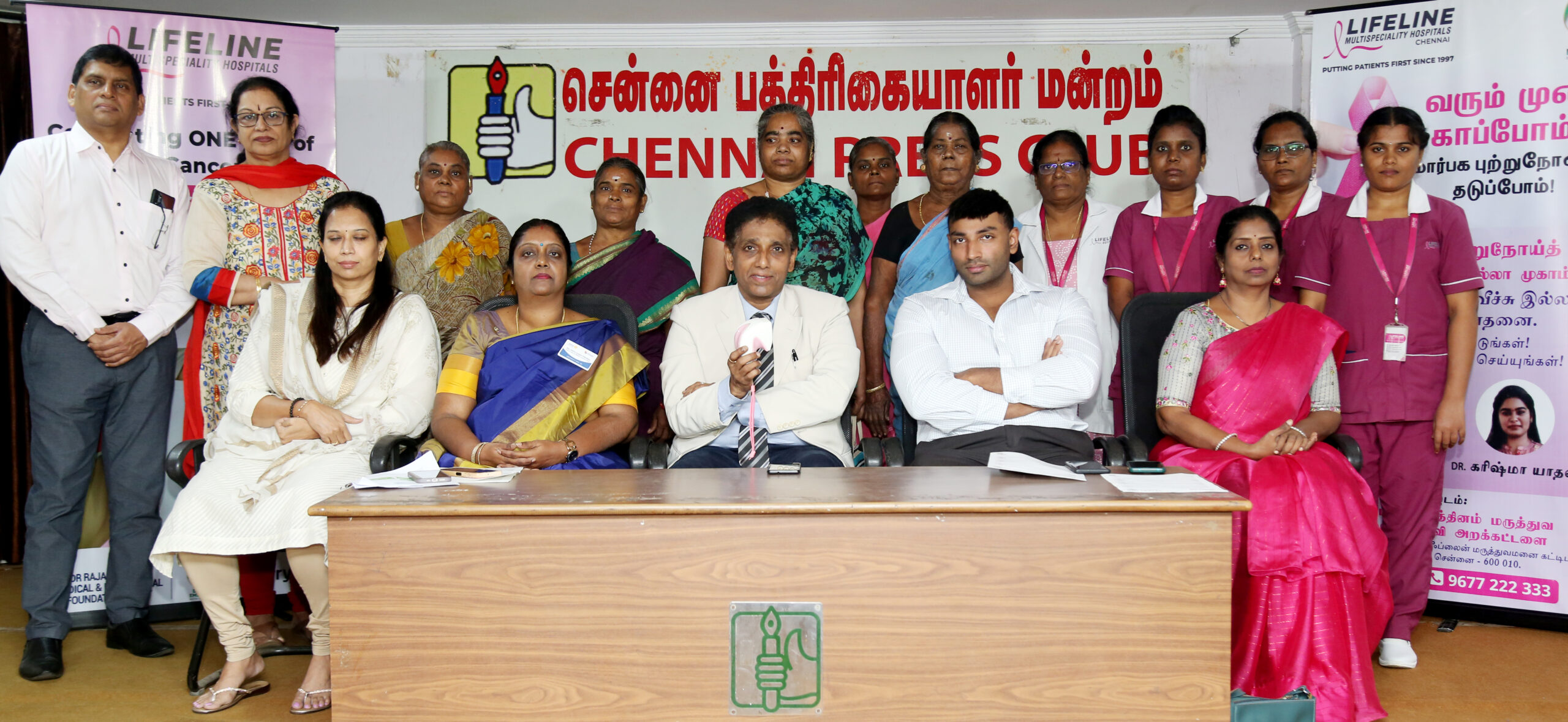Last week, director of the Indian Council of Medical Research’s National Institute of Epidemiology (ICMR-NIE) Dr. Manoj Murhekar had clarified, yet again, that no correlation was found between COVID-19 vaccinations and sudden deaths in India.
He was addressing a 10-member National Media Delegation, led by Dr. Manisha Verma, Additional Director General, Press Information Bureau, Union Ministry of Health and Family Welfare who arrived here as part of a three-day media tour covering Chennai and Puducherry.
Highlighting a significant recent study, Dr. Murhekar addressed the growing concern around sudden cardiac deaths in younger populations. Referring to an in-depth study carried out by ICMR-NIE in 2023, he categorically stated that no correlation was found between COVID-19 vaccinations and sudden deaths. He further clarified that factors like genetic predisposition, underlying health conditions, and unhealthy lifestyles are more likely to contribute to such incidents. Supporting this, he mentioned a study by PGI Chandigarh that showed the incidence rate of sudden deaths—1 in 10,000—has remained stable over the last decade.
On Wednesday (July 02), the Press Information Bureau put out a release that claimed to “conclusively establish no linkage between Covid-19 vaccines and sudden deaths.”
The release went on to add that studies by the Indian Council of Medical Research (ICMR) and National Centre for Disease Control (NCDC) affirmed that COVID-19 vaccines in India are safe and effective, with extremely rare instances of serious side effects. “Sudden cardiac deaths can result from a wide range of factors, including genetics, lifestyle, pre-existing conditions, and post-COVID complications.”
While the headline conclusively establishes no relations, the release also notes that there are rare instances of “serious sideeffects”.
Studies conducted by ICMR and AIIMS
To drive home the point, the presser highlights two studies conducted by the ICMR and AIIMS. The first study, conducted by ICMR’s National Institute of Epidemiology (NIE), was titled “Factors associated with unexplained sudden deaths among adults aged 18-45 years in India – A multicentric matched case–control study.”
This study was carried out from May to August 2023 across 47 tertiary care hospitals in 19 states and Union Territories. It looked at individuals who appeared to be healthy but died suddenly between October 2021 and March 2023. The findings have conclusively showed that COVID-19 vaccination does not increase the risk of unexplained sudden death in young adults.
The second study, titled “Establishing the cause in sudden unexplained deaths in young,” is currently being conducted by the All India Institute of Medical Sciences (AIIMS), New Delhi with funding and in collaboration with ICMR. This is a prospective study aimed at determining the common causes of sudden deaths in young adults.
Early analysis of data from the study indicates that heart attacks, or myocardial infarction (MI), continue to be the leading cause of sudden death in this age group. Importantly, no major changes in the pattern of causes have been observed when compared with previous years, the release claimed.
Covid-19 vaccines in India
When the Covid-19 pandemic was at its peak in 2021, the first two vaccines that were made available to the public in India were Covishield and Covaxin. While Covaxin was manufactured by Bharat Biotech and used an inactivated virus to elicit an immune response, Covisheld was adenovirus-vectored vaccine made by AstraZenaca and manufactured in India at the Serum Institute of India.
Due to the relative ease of producing Covishield, at least 90 per cent of all those vaccinated in India have been administered Covishield while the remaining 10 per cent took doses of Covaxin, at and a later stage, some of the other vaccines approved by the government of India.
While there is no doubt that both vaccines have been effective and saved crores of lives especially during the second and subsequent waves of the virus, the government of India categorically giving a clean chit to the AstraZenaca vaccine Covishield at a time when the same has been pulled off shelves in several across the world, citing safety reasons, and several legal suits underway in the UK, is extremely misleading.
Trouble with the AstraZenaca vaccine Covishield
The AstraZeneca COVID-19 vaccine, while no longer offered in the UK, has been associated with certain side effects and is the subject of ongoing legal cases in Britain. Most reported side effects were mild and short-term. Common side effects included discomfort, pain, warmth, itching, or bruising at the injection site, feeling generally unwell, tired (fatigue), or feverish, headache and joint pain or muscle ache.
More serious, but very rare, side effects have also been reported which include blood clots with low platelet levels (Thrombosis with Thrombocytopenia Syndrome – TTS or Vaccine-Induced Immune Thrombotic Thrombocytopenia – VITT).
This is a very rare side effect, with most cases observed within the first 3-4 weeks after vaccination. AstraZeneca has formally admitted in legal documents that its vaccine “can, in very rare cases, cause TTS.” This condition involves blood clotting and insufficient platelets, and can lead to life-threatening consequences such as strokes, brain damage, heart attacks, pulmonary embolism, and amputation. Research suggests a possible explanation involves the adenovirus in the vaccine binding with a blood protein called platelet factor 4, potentially triggering an immune system reaction.
Some of the serious side effects include:
Severe allergic reactions (anaphylaxis): These are very rare, but can be life-threatening.
Inflammation of the heart (myocarditis): Rare cases have been reported, with most individuals recovering after rest and simple treatments.
Inflammation of the nervous system: Very rare reports of events associated with this, which may cause numbness, pins and needles, and/or loss of feeling, though a direct link to the vaccine is not confirmed.
AstraZeneca is facing a group action claim in the UK from 51 claimants, represented by Leigh Day, due to injuries or deaths allegedly caused by the vaccine. Twelve of these claimants are acting on behalf of loved ones who died, with death certificates or medical evidence indicating the vaccine as the cause. The claimants allege they suffered VITT/TTS as a direct result of the vaccine.
While AstraZeneca has disputed the claims, a legal document submitted to the court in February 2024 stated that its vaccine “can, in very rare cases, cause TTS.” The claims could be worth millions of pounds. It’s important to note that even though the legal claim is against AstraZeneca, the UK taxpayer may be responsible for any compensation awarded due to a legal indemnity the government provided to the company early in the pandemic. The legal case is ongoing and is likely to reach trial in 2025/2026.
Several countries, primarily in Europe, temporarily suspended or placed restrictions on the use of the AstraZeneca COVID-19 vaccine due to concerns about rare blood clots. While some later resumed use with age restrictions, others maintained their suspensions. Denmark was the first country to halt its use.
Countries that suspended or banned the AstraZeneca vaccine include Norway, Ireland, Thailand, Netherlands, Iceland, Democratic Republic of Congo, Germany, France, Italy and Spain among others.
While Covisheild is still not banned in India, the Serum Institute of India stopped the manufacturing and supply of additional doses of Covishield in December 2021 allegedly due to significantly decreasing demand as India achieved high vaccination rates and new mutant variants emerged.
Despite the vaccine not being banned, there have been calls from some doctors’ groups in India, such as the Awaken India Movement (AIM), for the government to review the science behind all COVID-19 vaccines and audit their commercialization. There have also been questions raised by political figures about why India continued using Covishield when some European nations had suspended its use in 2021.
In this backdrop, the government of India claiming the Covid-19 vaccines given in India have no sideeffects is not just misleading but denies those who suffered due to the vaccines’ “rare” sideeffects any compensation.
Image credit: UNICEF/UN0394514/Soni



